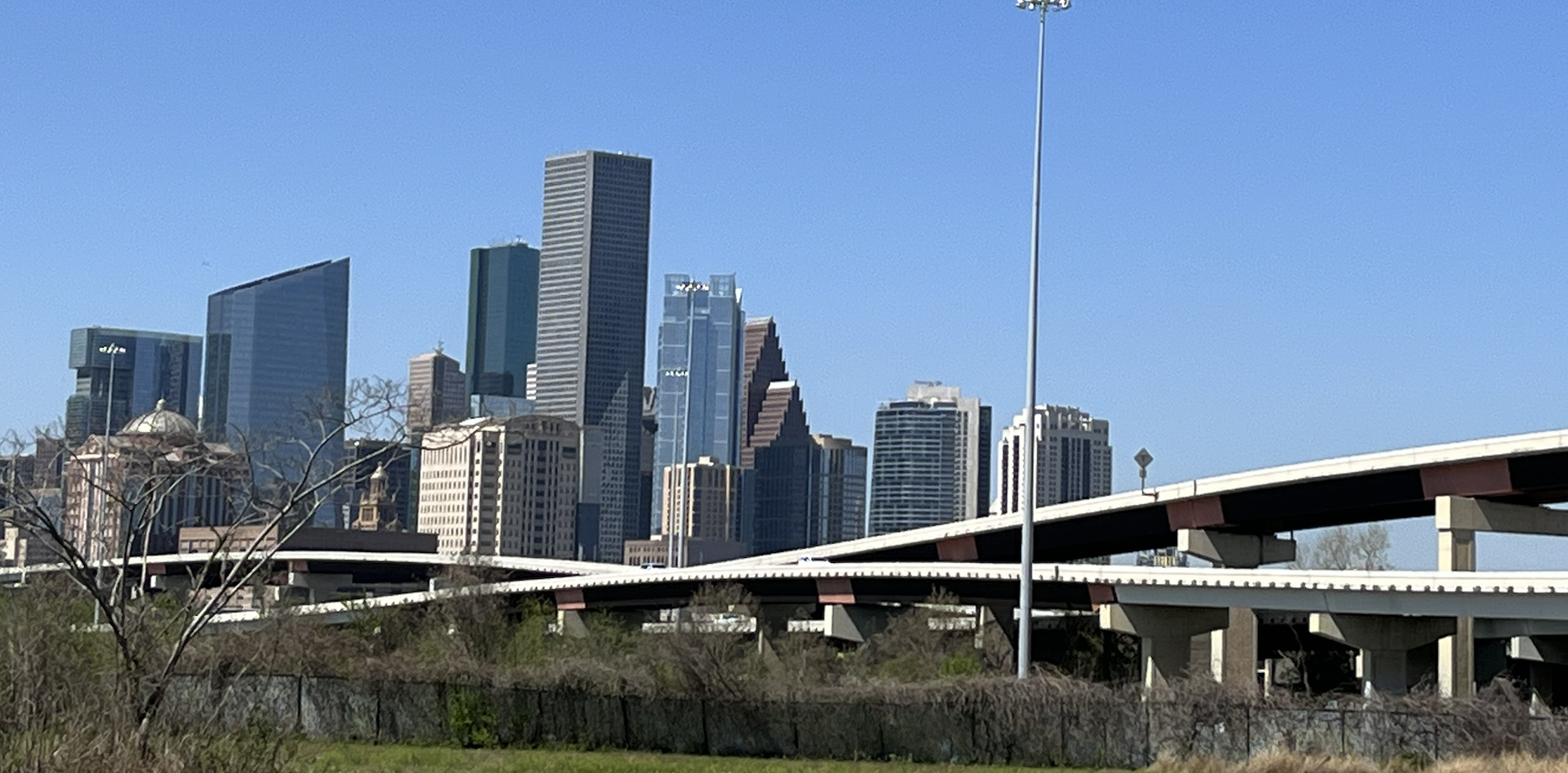America’s transportation status quo is changing. It’s time for Texas to change along with it.
Despite new Secretary Pete Buttigieg’s calls for a new approach to our country’s transportation infrastructure future, TxDOT is plowing ahead with another harmful highway boondoggle
Houston is no stranger to highway expansion. The city is already home to more highway lane-miles per person than all but seven cities in the country, but even amid a historic decline in driving and devastating budget shortfalls caused by the COVID-19 pandemic, the Texas Department of Transportation (TxDOT) is seeking to build more.
In February, TxDOT issued a Record of Decision for the $7.5 billion North Houston Highway Improvement Project (NHHIP). Although no formal timeline has been set, that decision would have likely marked the final hurdle before the design-build phase of the project could have begun. Aside from TxDOT, however, many local citizens — as well as powerful decision makers — were not convinced this highway expansion was worth it and feared the public health and environmental impacts it would have.
In response, local attorney Christian Meneffee filed a lawsuit on behalf of Harris County demanding that TxDOT consider impacts on Houston’s residents and the environment before moving forward with the expansion project. On the same day, the U.S. Department of Transportation entered the fray, when it asked TxDOT to put a hold on the NHHIP while the Federal Highway Administration (FHWA) completes a review following multiple civil rights complaints.
The FHWA’s involvement appears to indicate that our country’s historically car-centric approach to transportation infrastructure is shifting at the highest levels of government. Over the past few months, new Secretary of Transportation Pete Buttigieg has hinted at changing federal policies that have encouraged urban highway construction projects, such as the NHHIP, in the past.
Following the passage of the latest COVID relief package, President Biden has shifted his focus to a once-in-a-generation infrastructure bill. It appears the administration is edging toward a fix-it-first approach to transportation. Buttigieg recently called on Congress to address a massive backlog of needed road, bridge and transit system improvements, while also tackling climate change..
The United States’ transportation status quo. is changing; it’s time for Texas to change along with it.
TxDOT has been promoting antiquated highway expansion policies like the NHHIP for too long, claiming that they will benefit Texas and its residents by providing traffic congestion relief. Time and again, this approach to transportation infrastructure has been unable to fulfill these aspirations.
Instead, expanding highways like the NHIIP only attracts more drivers onto the road – an effect often referred to as “induced demand” – that ultimately leads to the highway becoming congested again in only a short time.
In addition to being ineffective, Texans’ historic overreliance on cars has become both expensive and lethal. In 2018, Houston workers had the second-most expensive commutes in the country. On top of this, the Houston metro area has one of the highest death tolls from car crashes in the U.S. with 640 people dying every year on its roads — equivalent to three fully-loaded 737s going down.
Vehicle pollution, a by-product of freeway expansion, is also harming air quality in Houston. The city was ranked ninth worst in the country for high smog days in 2019 by the American Lung Association.
Inevitably, the 25 miles of new highway and numerous interchanges created by the NHHIP will also worsen Houston’s already poor air quality, displace over 1,000 residents as well as affect hundreds of businesses, multiple houses of worship and schools. And the worst part – the most radical changes will hit downtown Houston the hardest, where relocating I-45 to the central business district’s east side means remaking every freeway it touches, and wiping out entire neighborhoods in the process.
But there is another way; Houston can create a healthier, more affordable and more efficient transportation system, but only by taking their queue from the new administration and avoiding harmful and costly highway boondoggles like the NHHIP.
Instead of wasting taxpayer dollars on polluting and ineffective highway projects that would produce more harmful pollution, more vehicle deaths and more asphalt running through the middle of our cities, we need to take a cleaner, healthier and fresher approach to transportation spending.
Topics
Authors
Bay Scoggin
Find Out More

TexPIRG fall update

The high and low points of America’s streets

Touring Houston’s Highways
